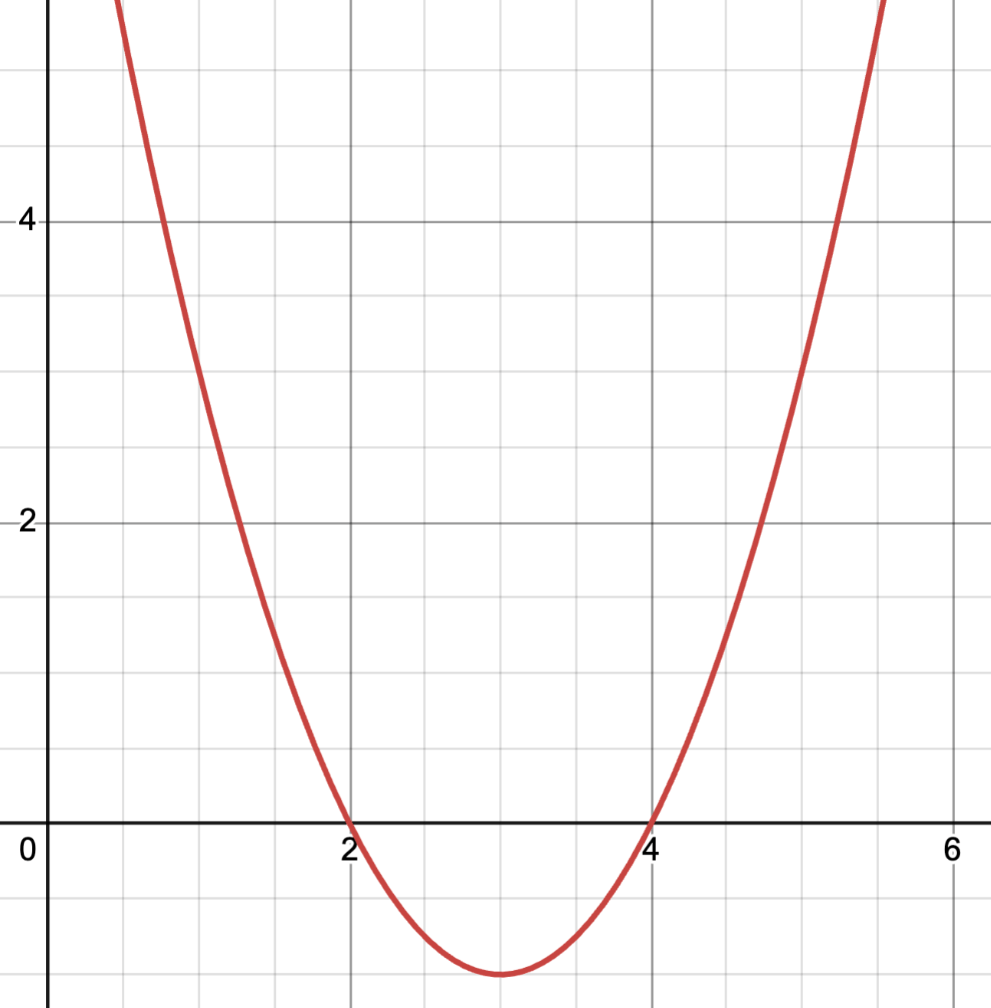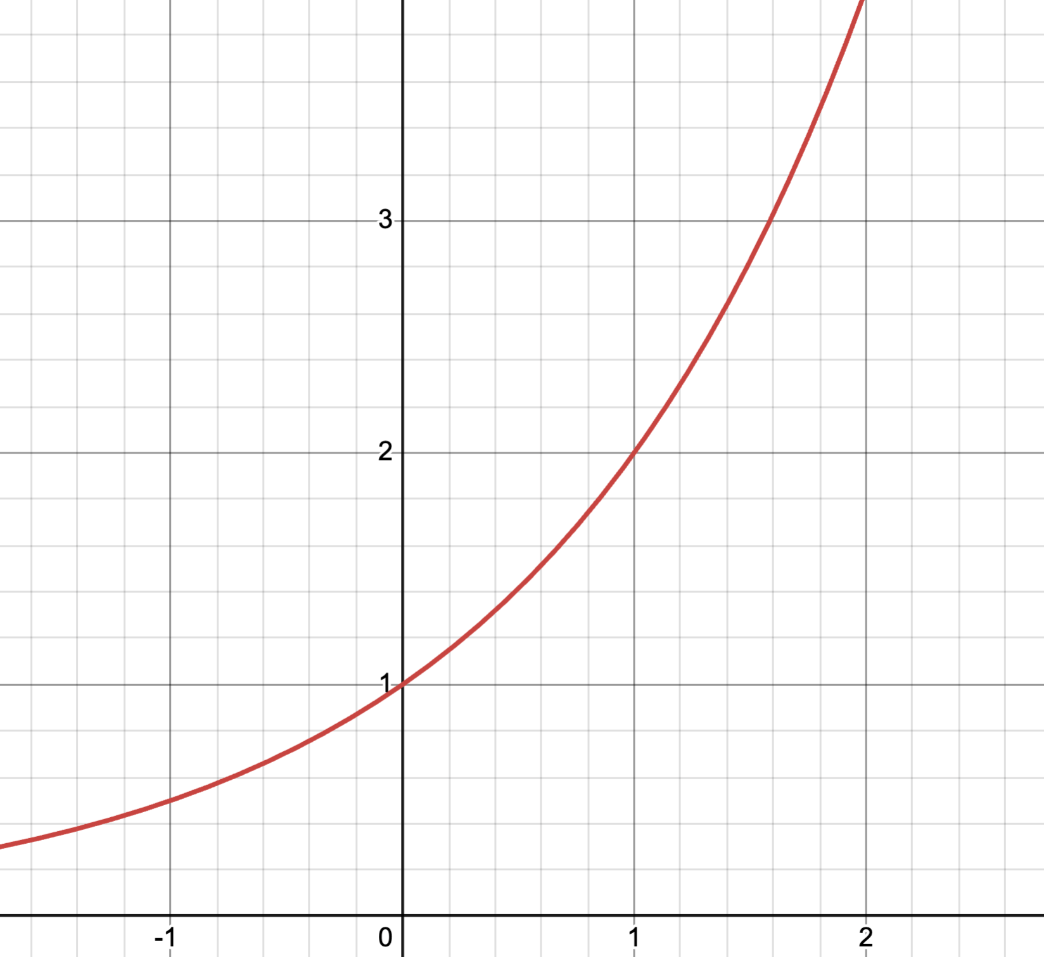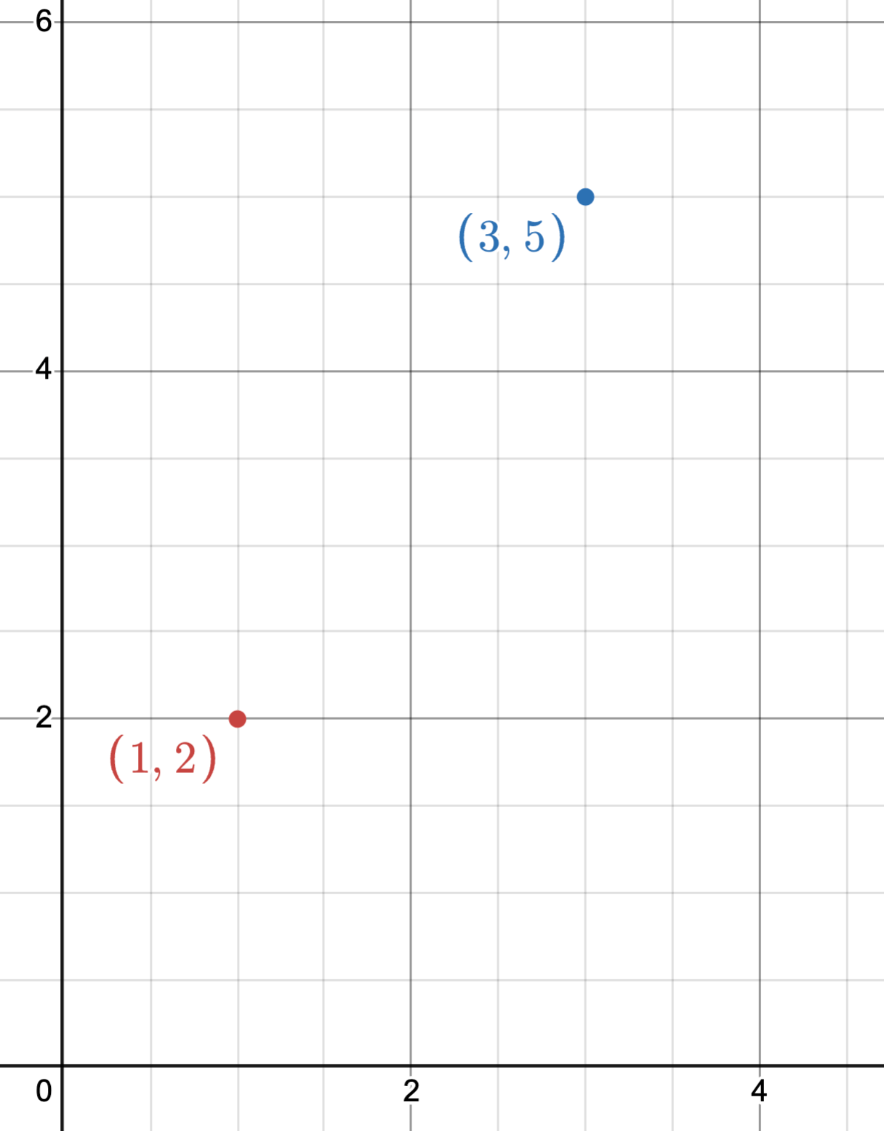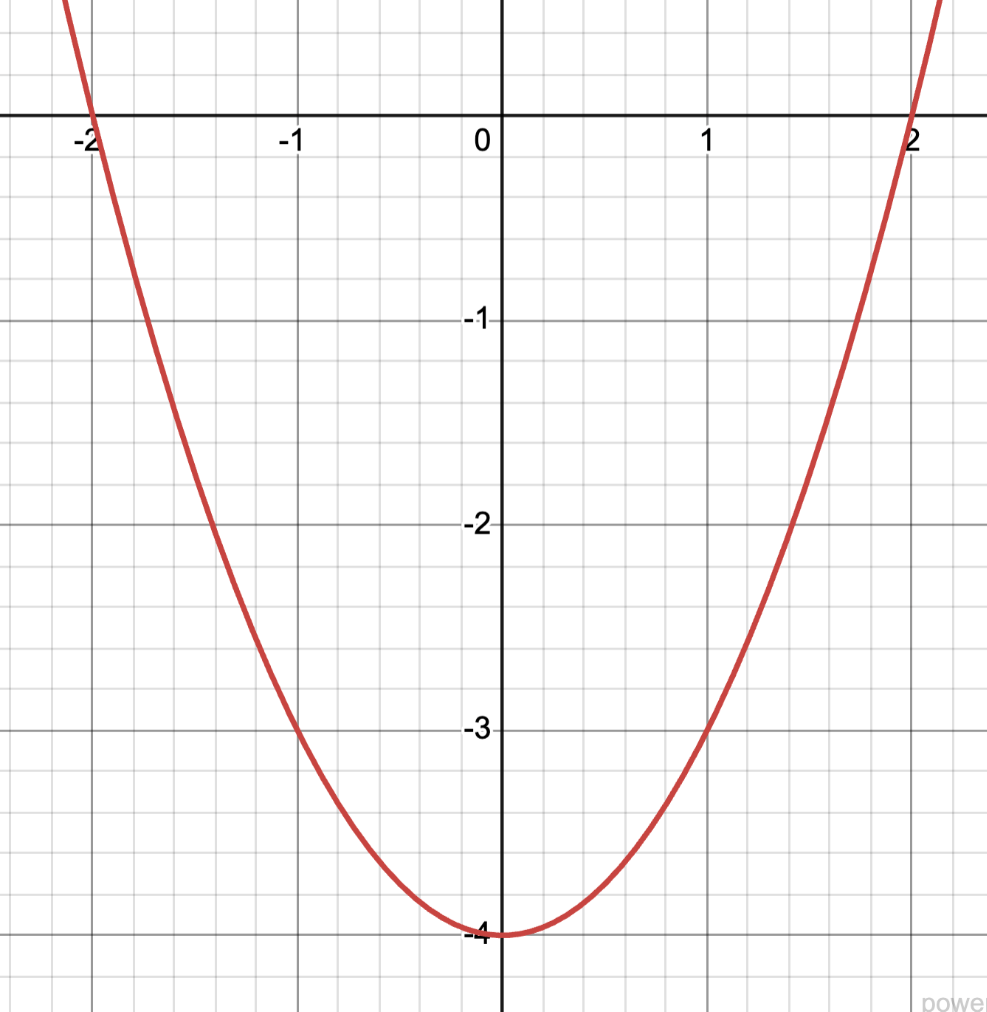A _________ relationship is the relationship that graphs a straight line.
Linear
The rule or standard form for a linear relationship is usually written as ___?
y=mx+b / y=mx+c
_______ lines have the same gradient / slope
Parallel
What is the shape of the graph of a quadratic relationship called?
Starts with a P
Parabola
What is an asymptote?
The line that the graph approaches but never touches
The ________ is the slope of the line, and it represents the rate of change.
Gradient
y=2x-7
gradient = 2
y-intercept = -7
A line has a gradient of 5/3
. What is the gradient of a line perpendicular to it?
-3/5
In the equation y=-x2+4x-3, will the parabola open upwards or downwards?
Downwards: the x2 is negative
What happens to the graph of an exponential function when a becomes bigger in the equation y=ax
The graph becomes steeper and rises (or falls) more quickly
The _______ is the point where the graph crosses the y-axis and x=0
Y-intercept
Find the midpoint of the line segment joining the points A(2,5) and B(6,9).
Your answer should be a coordinate
(4,7)
Is the line y=2x+1 parallel to y=2x−5? Why or why not?
What is yes, because they both have the same gradient of 2?
Find the axis of symmetry of the parabola given by y=x2-6x+8
x=3
Is the below graph an example of exponential growth or decay?

Exponential growth
A _________ is an equation where the highest power of the variable is 2.
Quadratic
Find the distance between points A(1,2) and B(3,5). Round your answer to 2 decimal points. 
3.61
If a line has a gradient of 0, what does the graph look like?
A horizontal line
Complete a table of values for y = 3x2 for values -2 to 2

Complete a table of values for y = 3x for values -3 to 3

A _________ relationship is where the graph is not a straight line, and the rate of change is not constant.
Non-linear
Which of the following equations represents a line with a steeper gradient:
y=2x+1 or
y=5x-3
y=5x-3
What is the gradient of a line that goes down from left to right?
What is a negative gradient?
Given the below graph:What is the:
vertex =
axis of symmetry =
concavity =
y intercept =
x intercepts =
y and x intercepts = 
vertex = (0, -4)
axis of symmetry = x=0
concavity = up
y intercept = (0, -4)
x intercepts = (-2, 0) and (2, 0)
Is the graph of y=(1/2)^x increasing or decreasing?
It is decreasing